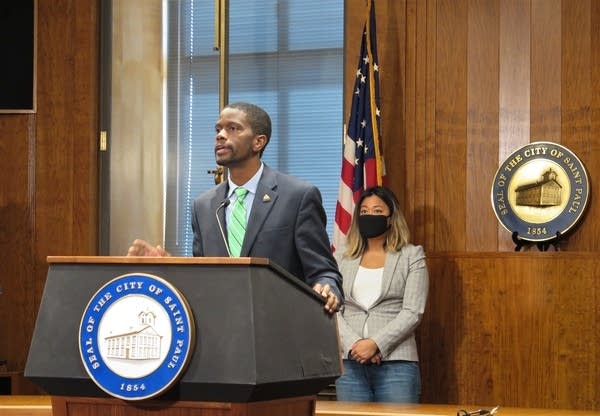Tackling inequality with basic income initiatives

Go Deeper.
Create an account or log in to save stories.
Like this?
Thanks for liking this story! We have added it to a list of your favorite stories.
Universal basic income and many of its derivatives — basic income and guaranteed income — have gained traction over the last few years. The concept is simple: distribute a certain amount of money each month to cover basic necessities, like food or housing.
Now, cities across the country are experimenting with basic income initiatives by providing unconditional cash support and measuring its social and economic impact.
The recurring monthly stipends are touted as a solution to growing inequality in the United States.
Monday, guest host Chris Farrell talked with two experts about the benefits of these programs, challenges and lessons learned.
Guests:
Amy B. Castro, assistant professor of social policy and practice and the co-founder and director of the Center for Guaranteed Income Research at the University of Pennsylvania.
Darrick Hamilton is the Henry Cohen Professor of Economics and Urban Policy and the founding director of the Institute for the Study of Race, Stratification and Political Economy at The New School.
Use the audio player above to listen to the full conversation.
Turn Up Your Support
MPR News helps you turn down the noise and build shared understanding. Turn up your support for this public resource and keep trusted journalism accessible to all.


